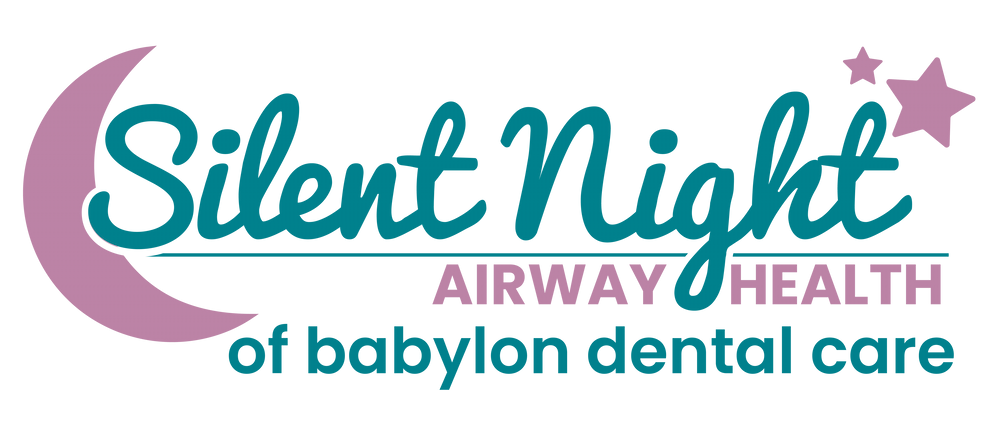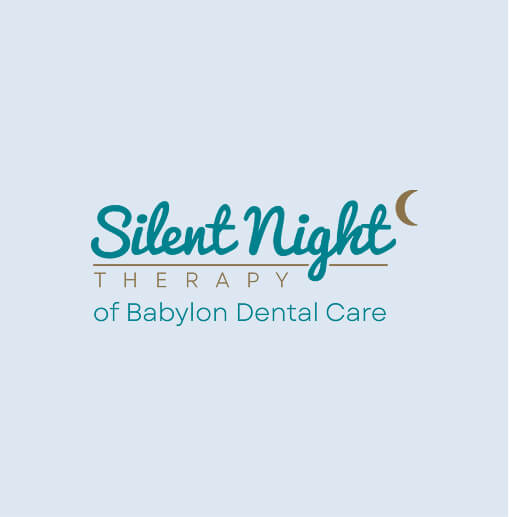Understanding the Connection Between Obstructive Sleep Apnea and Parkinson’s Disease
Posted By:
August 8, 2025
9:00 AM
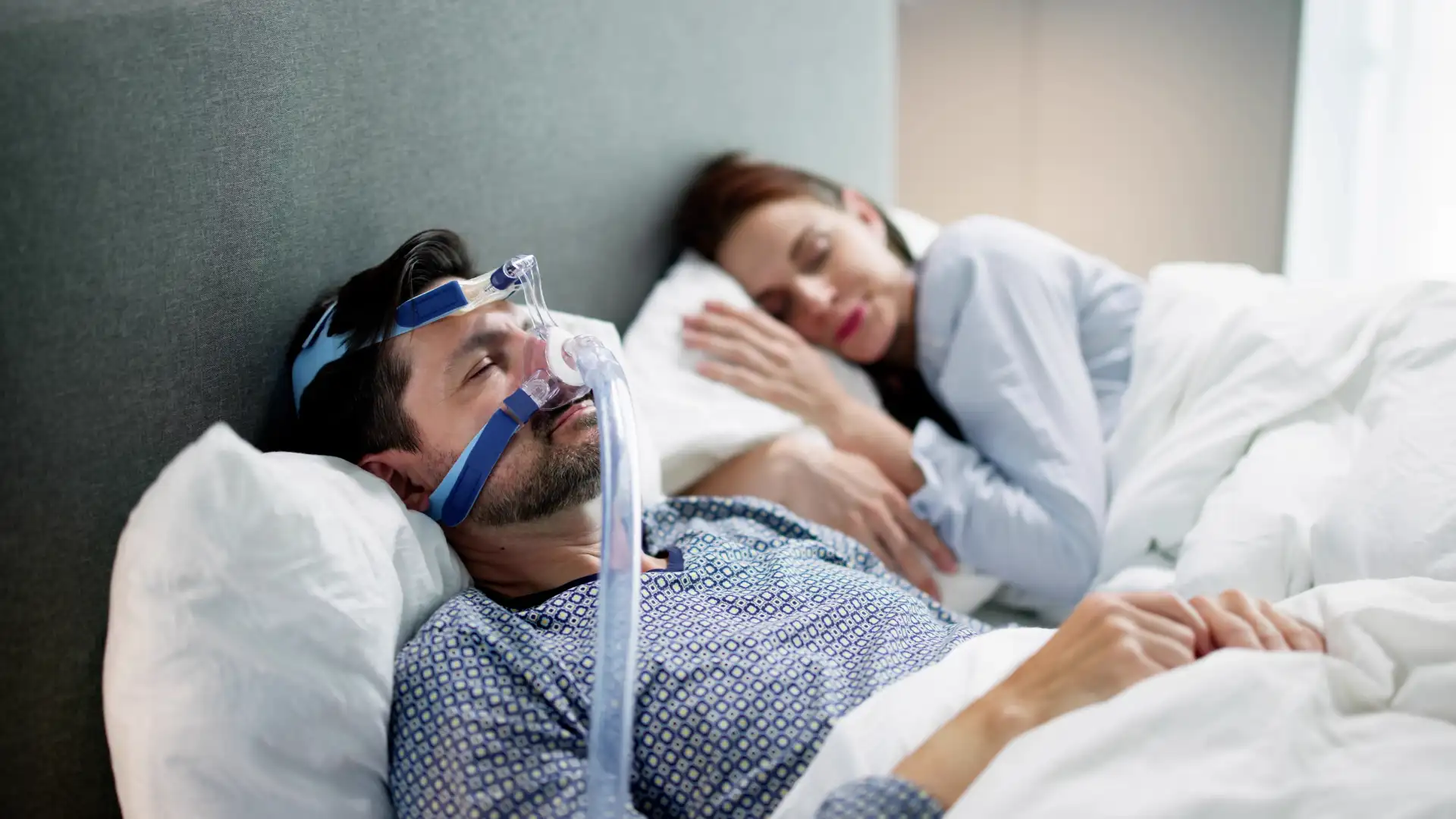
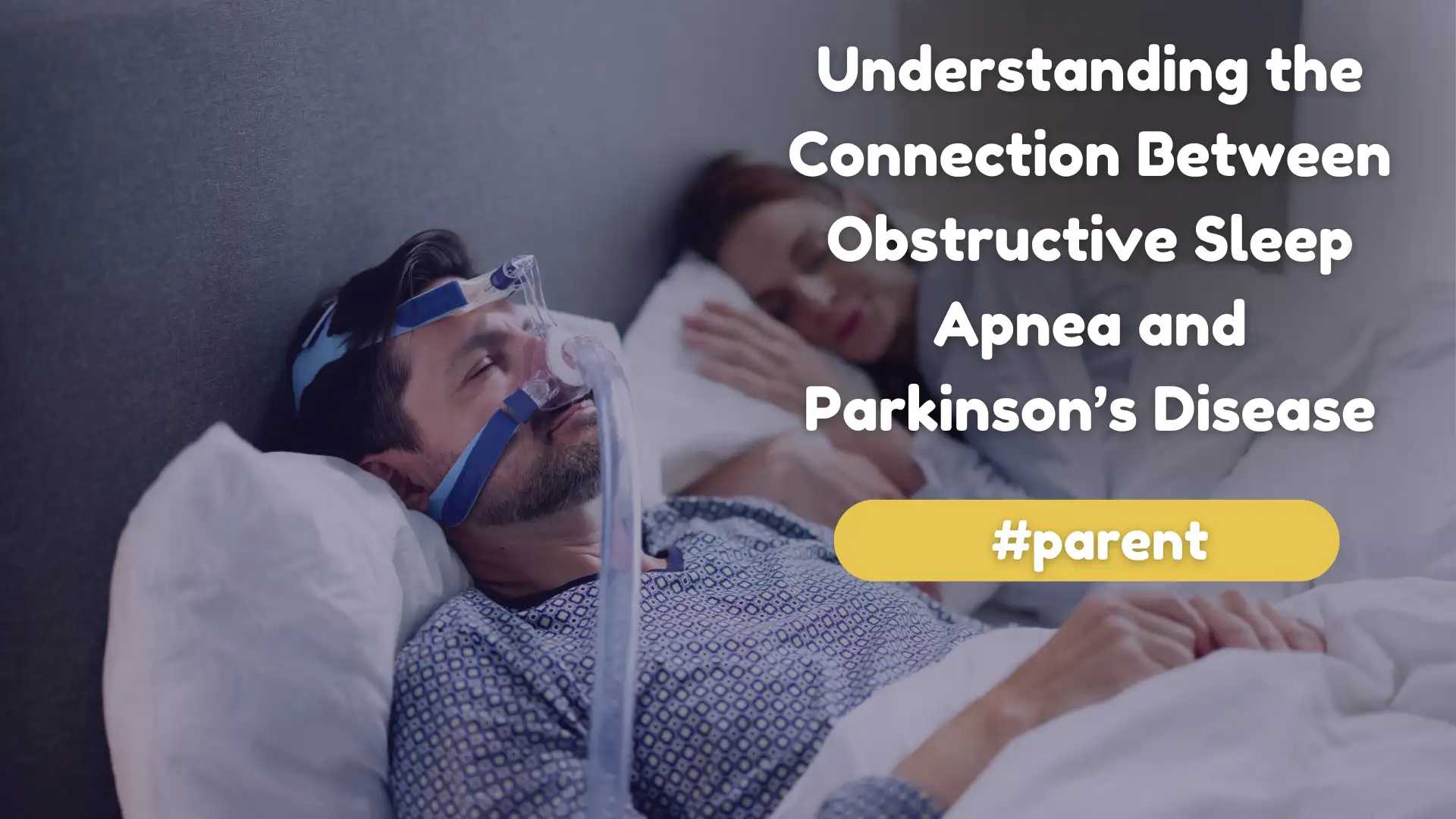
By learning about this connection, people with Parkinson’s and their caregivers can take steps to feel better and stay healthier. Treating sleep apnea can help the brain work better, boost energy and focus, and improve daily life for those living with Parkinson’s.
The Connection Between Parkinson’s and Sleep Apnea
Most people are aware that Parkinson’s disease causes symptoms such as tremors, stiff muscles, and slow movement. However, it also causes other symptoms that are less well-known, and poor sleep is one of them. Many people with Parkinson’s have trouble sleeping through the night, feel very tired during the day, or deal with breathing problems while they sleep. Some individuals have obstructive sleep apnea (OSA), where the airway becomes blocked, while others may have central sleep apnea, where the brain fails to signal the body to breathe. These sleep issues can make overall health and brain function worse.
Research points to a strong connection between Parkinson’s and sleep apnea. Neurological changes that come with Parkinson’s can directly impact:
- Muscle tone in the throat and airway
- Brain signals that regulate breathing
- Sleep architecture, especially REM cycles
An early indicator is REM sleep behavior disorder (RBD) – a condition where individuals physically act out their dreams. RBD often shows up before other signs of Parkinson’s and is a known risk factor.
When sleep apnea remains untreated, it can lead to nocturnal hypoxia, which means the brain and body receive less oxygen during sleep. This lack of oxygen may speed up cognitive decline, make motor symptoms worse, and lead to autonomic dysfunction, which can affect things like blood pressure, heart rate, and digestion.
Addressing sleep apnea early can help slow the progression of the disease and improve quality of life. Recognizing the connection is the first step.
Diagnosis and Testing
Identifying sleep apnea in people with Parkinson’s can be challenging. Overlapping symptoms, such as poor concentration, fatigue, and restless sleep, are often attributed to the disease itself. However, untreated sleep apnea can worsen both motor and non-motor symptoms, making proper diagnosis critical.
A sleep study is the most effective way to evaluate breathing patterns, oxygen levels, and overall sleep quality. It can differentiate between obstructive and central sleep apnea, while also detecting sleep fragmentation, a common issue in both Parkinson’s and sleep apnea cases.
Sadly, many people are misdiagnosed or go years without identifying the root cause of their disrupted sleep. This delay can lead to long-term cognitive and physical decline. If you or a loved one with Parkinson’s snores, gasps for air during sleep, or struggles with daytime alertness, do not wait – talk to a sleep specialist and consider a sleep study to get clear answers and effective treatment.
Why Managing Sleep Apnea Is Critical in Parkinson’s
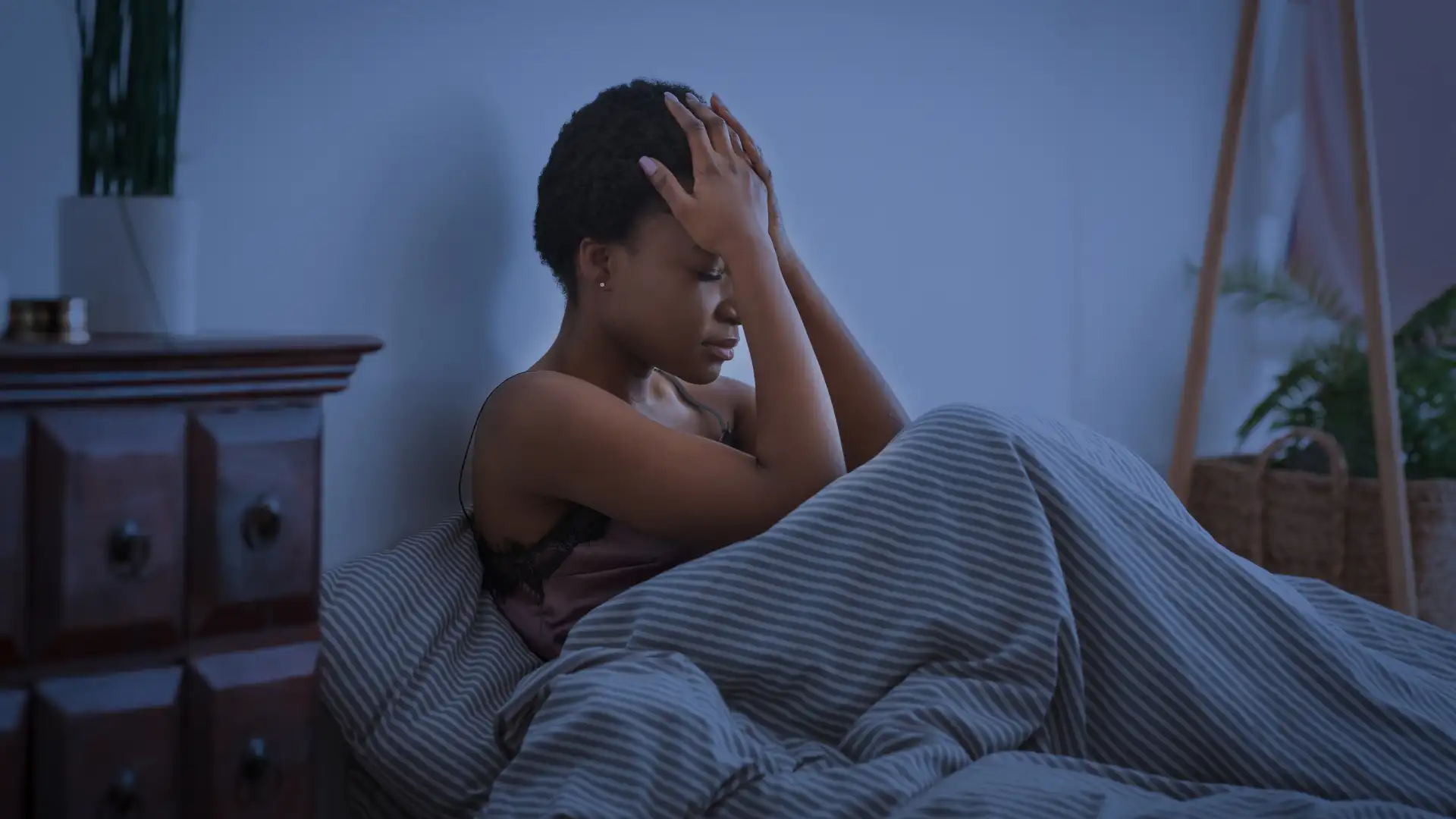
CPAP therapy is the most common treatment, but many people with Parkinson’s struggle to use it due to:
- Muscle rigidity or tremors
- Facial sensitivity
- Discomfort or anxiety caused by the mask
That is why oral appliance therapy is often a more practical option.
At Silent Night Therapy, we provide custom oral appliances that gently reposition the jaw to help keep the airway open throughout the night. These devices are quiet, compact, and far easier to use than a CPAP machine, especially for individuals dealing with Parkinson’s-related motor challenges.
Improving sleep can lead to enhanced mental clarity, a more positive mood, and a reduced risk of falls. For those with Parkinson’s, treating sleep apnea is an essential part of protecting long-term health and daily quality of life.
Find Real Solutions to Sleep Disruption
If you or someone you love has Parkinson’s and is showing signs of sleep apnea, it’s essential to get help early. Poor sleep can impair memory, energy, and overall health, but the right treatment can help.
At Silent Night Therapy, we provide attentive care and custom oral appliances that are easy to use, offering a great alternative to sleep masks. Call (631) 983-2463 or set up a consultation online. We’re here to help you rest easy.
Related Posts:
What You Should Know About Sleep Apnea and Diabetes
Understanding the Relationship Between OSA and Balance Disorders
